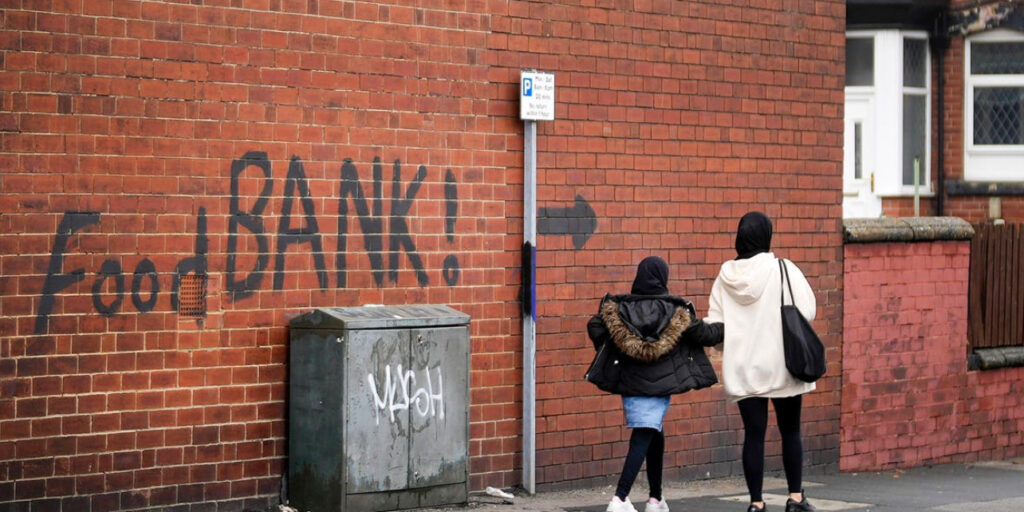The UK is facing an alarming surge in child poverty, with figures showing 4.5 million children now living below the breadline – a number forecast to rise to a record 4.8 million by the end of the current Parliament, raising serious questions over Labour’s handling of a crisis it pledged to tackle head-on.
Despite a core manifesto commitment to reduce child poverty, the situation has worsened since the last election, with 30,000 additional children pushed into hardship due to the two-child benefits cap. Critics say the Government’s actions not only fail to deliver on campaign promises but risk entrenching a generational crisis that will scar Britain for decades to come.
Recent research by a child development lab founded by Sarah and Gordon Brown has further underscored the consequences of deprivation, revealing that poverty can hinder brain development in babies.
These findings follow a damning sequence of headlines pointing to a deepening national emergency.
Alison Garnham, Chief Executive of the Child Poverty Action Group, condemned the projections, stating: “Record levels of kids living in poverty isn’t the change people voted for.” Garnham’s warning comes amid growing frustration with what many see as Labour’s failure to match rhetoric with tangible progress.
Joanna Barrett, Associate Head of Policy at the NSPCC, echoed the sentiment, telling The Independent: “Disappointingly, the UK government has not yet shown the level of political ambition and commitment needed to match the scale of the challenge.”
The current state of child poverty is not only a moral failure but also a policy one. British children now experience some of the worst health outcomes in Europe and rank lowest in overall wellbeing.
Investment in early childhood education and care remains shockingly low – just 0.5% of GDP – compared to France and Nordic countries, which allocate up to double that amount.
The situation has been compounded by recent welfare reforms, announced in Chancellor Rachel Reeves’ Spring Statement, which include cuts to disability and sickness benefits.
These changes are expected to worsen the crisis, with the Government’s own impact assessment predicting an additional 50,000 children – equivalent to the population of Durham – will fall into poverty as a result.
Garnham criticised the move, saying the cuts “pulled the rug from under people who are ill and disabled.” Notably, 44% of children already living in poverty reside in households with a disabled family member, making the latest measures particularly damaging.
The shame is mounting. British children were among the most affected during the Covid-19 pandemic – locked out of classrooms while theme parks reopened – and now, many face a future marked by anxiety, developmental delays, and deepening inequality.
While campaign slogans once promised a brighter future – with images of hopeful families bathed in sunset light and the words “Change will only happen if you vote for it” – the reality is far grimmer. Critics say the current trajectory is not a sign of progress, but a betrayal of the country’s most vulnerable.
“All children deserve the best start in life,” says Garnham. “But far too many are denied that chance – that’s something that should put us all to shame.”


